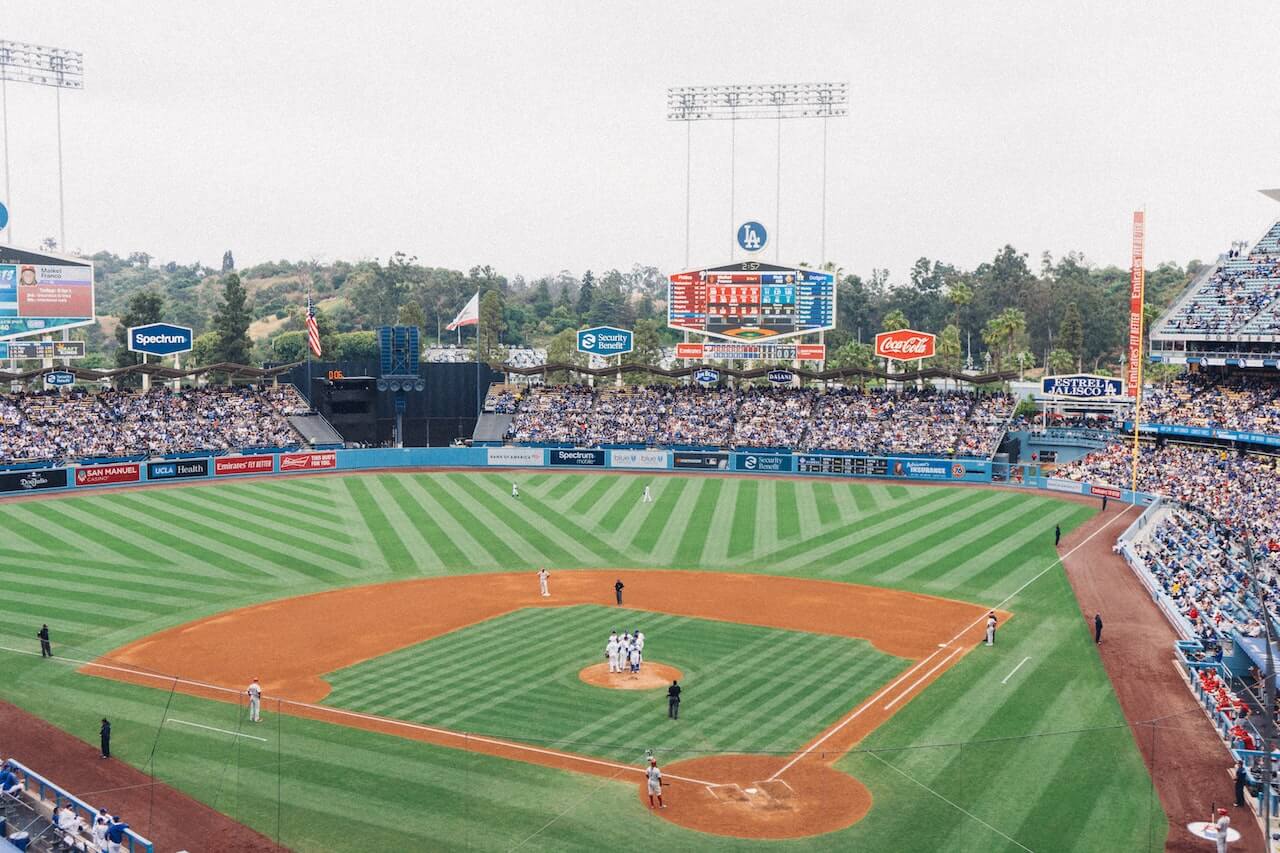Baseball is one of the most popular sports in the United States, and it is played at both amateur and professional levels. For those who are new to the sport, one of the most common questions is how long is baseball season? The answer to this question depends on the level of play, as well as other factors.
At the professional level, the baseball season typically lasts from late March or early April to late September or early October. This is known as the regular season, and it consists of 162 games for each team. After the regular season, the top teams from each league advance to the playoffs, which can last through the end of October. The length of the playoffs depends on how many games are played in each series, as well as how many teams are involved.
For amateur players, such as those who play in high school or college, the baseball season is typically shorter than the professional season. High school seasons can vary depending on the state and region, but they generally run from late February or early March to late May or early June. College seasons are similar, with games starting in February or March and running through May or June. However, the length of the season can vary depending on the level of play and the conference or region.
The Length of Baseball Season
Baseball is one of the most popular sports in America, and its season is a long one. This section will discuss how long the baseball season is and what it consists of.
Regular Season
The regular season in Major League Baseball (MLB) typically runs from late March or early April to late September or early October. During this time, each team plays a total of 162 games, with 81 games played at home and 81 games played on the road. This means that each team plays almost every day, with occasional days off for travel or rest.
There are two leagues in MLB: the American League (AL) and the National League (NL). Each league is divided into three divisions: East, Central, and West. The teams within each division play each other more frequently than they play teams from other divisions. At the end of the regular season, the team with the best record in each division advances to the postseason, along with two wild card teams from each league.
Postseason
The postseason in MLB consists of a series of elimination rounds that determine the champion of the league. The first round is the Wild Card Game, in which the two wild card teams from each league play a single game to determine which team advances to the next round. The next round is the Division Series, in which the three division winners and the winner of the Wild Card Game play a best-of-five series to determine which two teams advance to the League Championship Series.
The League Championship Series is a best-of-seven series between the two teams that advanced from the Division Series. The winner of each League Championship Series advances to the World Series, which is a best-of-seven series between the AL and NL champions. The team that wins the World Series is crowned the champion of MLB.
Factors That Affect the Length of Baseball Season
Several factors contribute to the length of the baseball season. Understanding these factors can help fans and players alike to better appreciate the nuances of the sport.
Weather Conditions
Weather conditions play a significant role in determining the length of the baseball season. Early season games may be delayed or postponed due to snow, rain, or other inclement weather. In some cases, games may need to be rescheduled, which can further extend the length of the season. In addition, hot and humid conditions in the summer can cause players to tire more quickly, which may impact the length and quality of games.
Number of Teams
The number of teams in a league can also impact the length of the baseball season. More teams generally mean more games, which can extend the length of the season. In addition, leagues with larger numbers of teams may need to schedule more doubleheaders or other types of games to fit all of the games into the season.
Schedule Changes
Schedule changes can also impact the length of the baseball season. For example, if a team needs to make up a game that was postponed earlier in the season, this can extend the length of the season. In addition, changes to the playoff schedule, such as the addition of wild card games, can also impact the length of the season.
History of Baseball Season Length
Baseball has a rich history, and the length of the season has changed over time. In the early years of baseball, the season was much shorter than it is today. The first professional baseball league, the National Association, played a 60-game season in 1871. The National League, which was founded in 1876, played a 60-game season until 1892 when it expanded to a 154-game season.
The American League, which was founded in 1901, played a 140-game season until 1919 when it expanded to a 154-game season. In 1961, the American League expanded to a 162-game season, and the National League followed suit in 1962.
The length of the baseball season has remained at 162 games since 1962. However, there have been some changes to the schedule over the years. In 2020, for example, the COVID-19 pandemic forced Major League Baseball to shorten the season to just 60 games.
While the length of the baseball season has changed over time, it remains one of the longest seasons in professional sports. The length of the season allows for teams to play a significant number of games, which helps to determine the best teams for the playoffs and World Series.
Conclusion
Baseball season is a long and exciting time for fans and players alike. With a regular season that lasts from April to September, and the possibility of playoffs and the World Series extending the season into October, baseball provides a lengthy and thrilling sports experience for its followers.
While the length of the season may seem daunting to some, it is important to remember that baseball is a marathon, not a sprint. The extended season allows for players to showcase their skills over a longer period of time, and for teams to truly prove their worth as they navigate the ups and downs of a 162-game schedule.
Additionally, the length of the season provides ample opportunity for fans to attend games, whether it be at their home stadium or on the road. With so many games to choose from, there is always a chance to catch a game and experience the excitement of baseball in person.
Overall, the length of baseball season is a unique and integral part of the sport. It allows for both players and fans to immerse themselves in the game and truly appreciate all that it has to offer.







